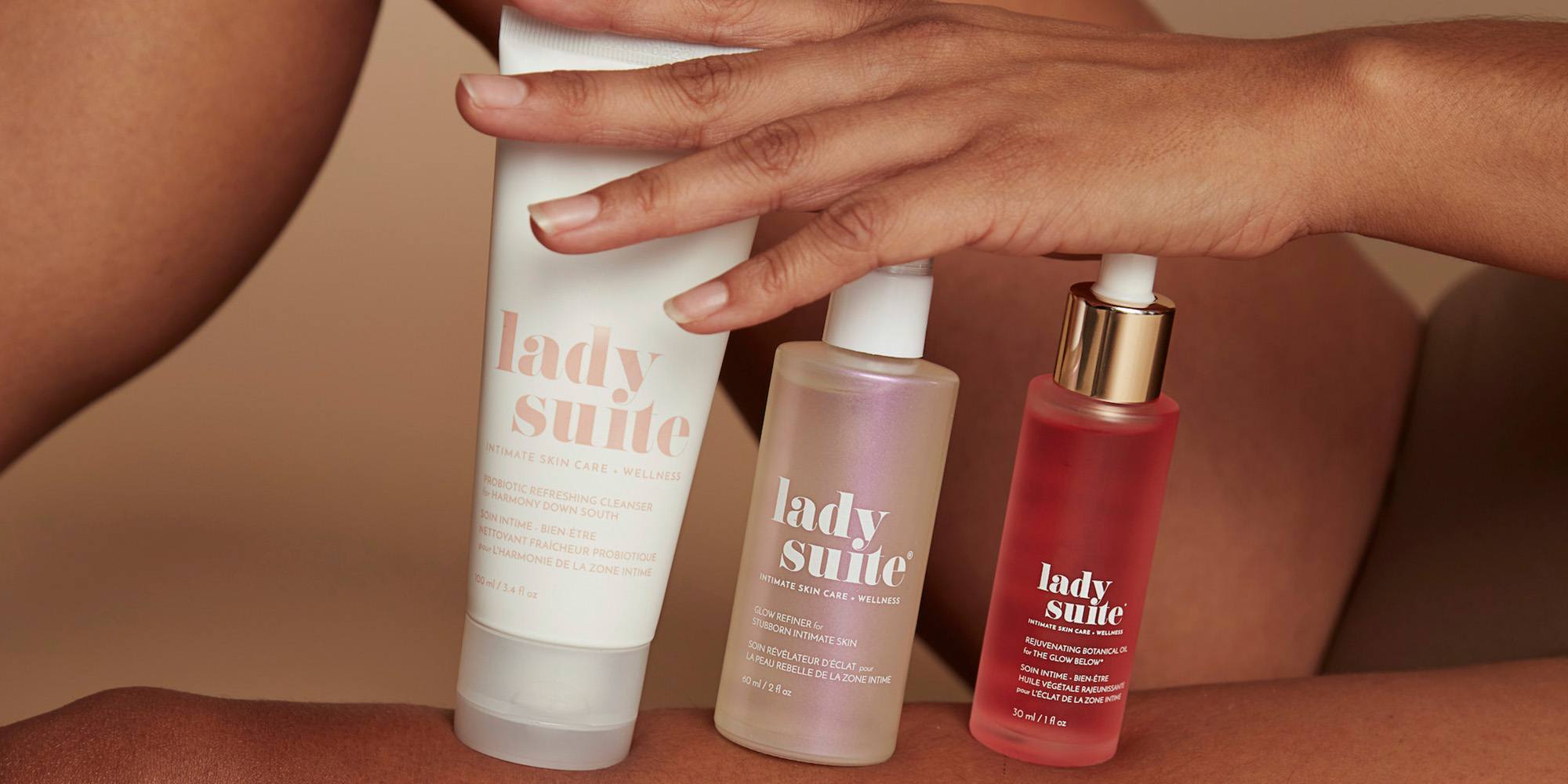
Lady Suite, An Early Mover In The Intimate Skincare Space, Is Closing
Lady Suite, an early mover in the intimate skincare segment, is closing.
A confluence of external factors led to founder Therese Clark’s difficult decision to shutter the 5-year-old brand, including the changed landscape for independent beauty and wellness players, elevated marketing expenses, post-pandemic supply chain disruptions, and increased costs for inventory, sustainability measures and large-scale distribution. She admits, “I underestimated the challenges that awaited us and the personal sacrifices I would need to make in terms of finances, relationships and health.”
Clark has been in the beauty and wellness industry for over two decades. She was formerly product developer and co-founder of Globiotics, the first probiotic skincare line in the medical channel, and partner at beauty brand agency Crème Collective. Clark launched Lady Suite with Rejuvenating Botanical Oil, which entered Free People in 2018, before expanding its selection to four products by introducing Intimate Refreshing Cleanser with Postbiotics, Exfoliating Ingrown Solution with Lactic Acid and Intimate Serum with Tremella Extract. Priced from $18 to $46, the products are currently 30% off on Lady Suite’s website.
Following Free People, Lady Suite added Revolve, The Detox Market and Carbon Beauty to its network of stockists. Clark had planned to expand the brand into the vaginal health segment and eventually the broader body care market. “Our mission has always been centered around breaking stigmas and advocating for women’s health,” she says. “I was confident in our scientific expertise to elevate this essential category.”
Funding constraints were a major hurdle that stymied Clark’s plans for Lady Suite. The brand, mainly operated by a two-person team, was bootstrapped at its launch, leading to it having to rely on organic growth and limited resources to stoke it. “This restricted our ability to invest in team expansion, robust top-of-funnel marketing initiatives such as digital advertising and PR, retail support and diverse product offerings,” says Clark. “At times, we faced inventory shortages during critical periods.”
A key hire, marketing director Olivia Martinez was with Lady Suite for four years. Clark says she acted “more like a partner and consistently worked wonders with limited resources, demonstrating her talent for branding and digital marketing. Her unwavering enthusiasm, passion for our cause and remarkable resilience truly embody our brand’s core values of empathy, community, diversity and empowerment.”
In August last year, Lady Suite took on a co-founder who also invested into the brand, but further capital was needed. The brand was hoping to raise at least $1.5 million. Clark and the co-founder have parted ways. She says, “Although we experienced growth and managed to avoid burning through cash, we fell short of revenue targets that would have made us more appealing to larger investors.”

In 2021, Clarke says she received a significant offer from an international investment group that she ultimately declined. Between 2021 and 2022, Lady Suite’s business was advancing. As previously reported by Beauty Independent, its direct-to-consumer revenue was up 211% with minimal ad spend and wholesale revenue was up 152%. Since then, inflation and a diminishing runway made it harder to secure funding, and multiple angel investors withdrew their support of the brand.
As a brand in the intimate care space, Lady Suite’s struggles were compounded by digital media companies’ policies inhibiting advertising for products associated with vulvas and vaginas. It’s been nearly impossible for the brand to engage in social media marketing, particularly user-generated content campaigns, communicate digitally about the issues it aims to address and demonstrate results from its products.
While the intimate care category remains stigmatized, brands have continued to break into it. Carried by Sephora, Luna Daily and Maude have been backed by institutional investors as have Ulta Beauty-stocked brands Womaness and Love, Wellness. Queen V and The Perfect V were acquired by Reckitt in 2021 and GridKor in 2022, respectively.
“While competition can be healthy, this niche sector is relatively small, and we are all vying for the same customers and the same capital, and we know industry wide that there isn’t enough allotted to women, let alone this category,” says Clark. “The ability to reach and retain these customers swiftly is crucial in determining the winner.”
Overall, Clark sees the influx of new brands as a net positive. “It signifies an essential shift where smaller companies are gaining market share from larger ones that have lost touch with the needs of women and their customers or those companies that favor marketing over health,” she says. “I firmly believe that this trend will persist.”
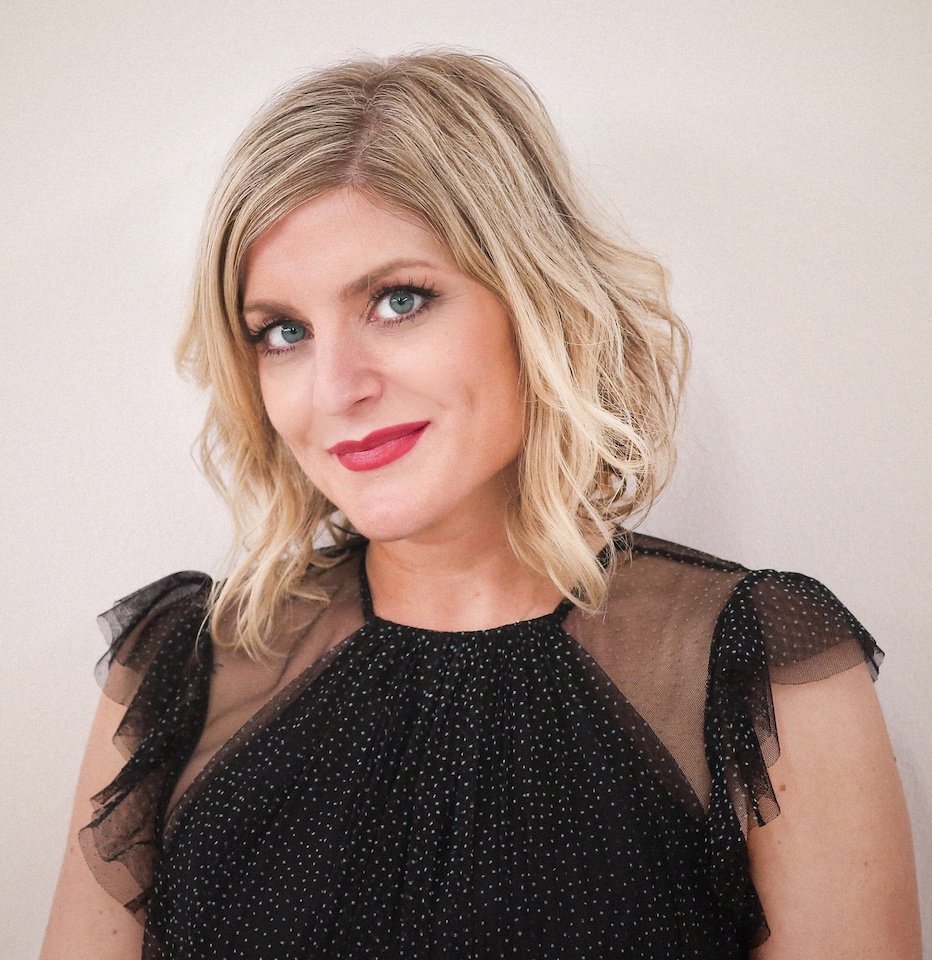
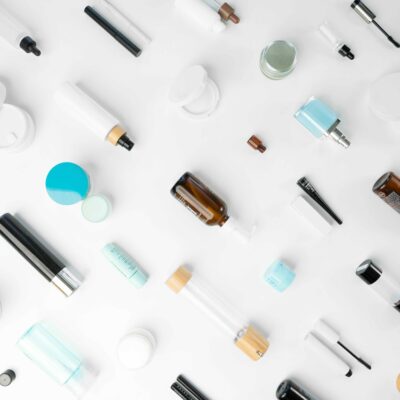
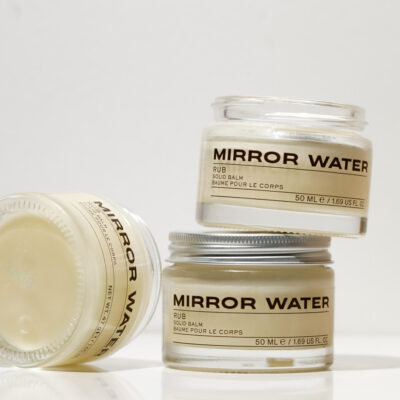
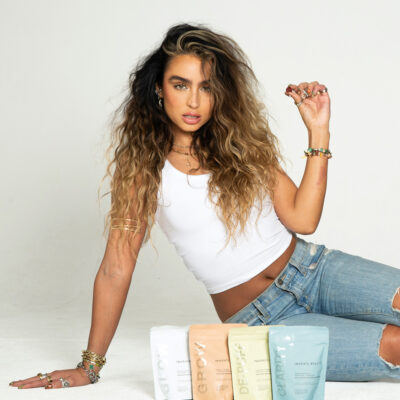

Leave a Reply
You must be logged in to post a comment.